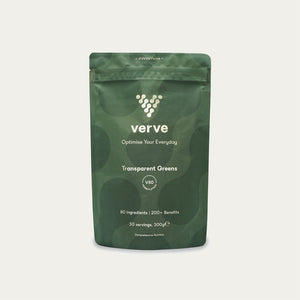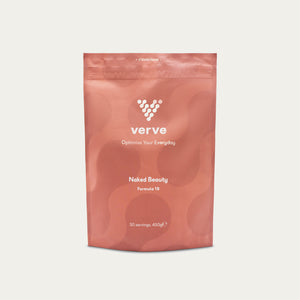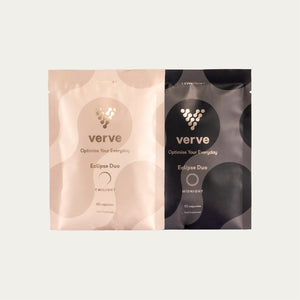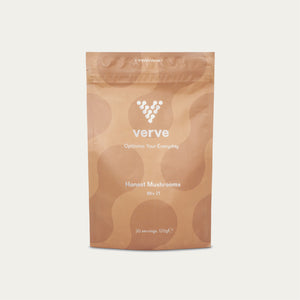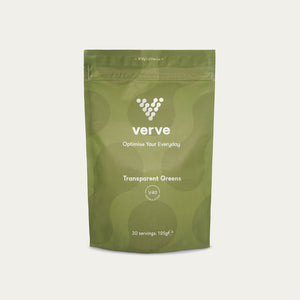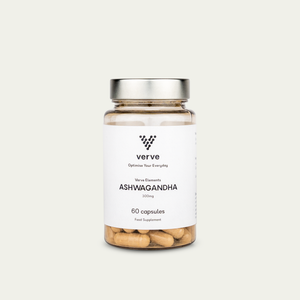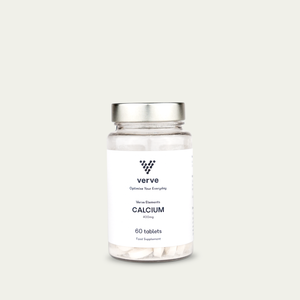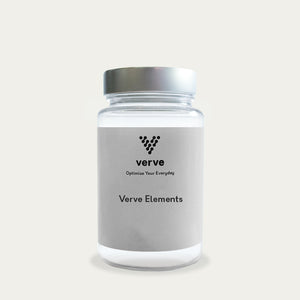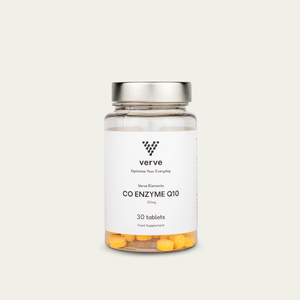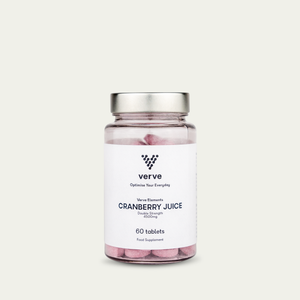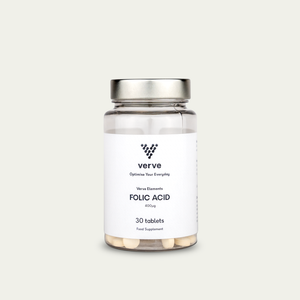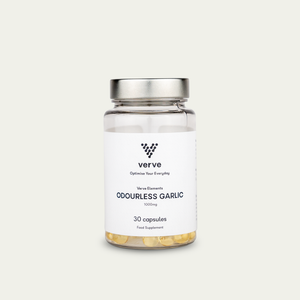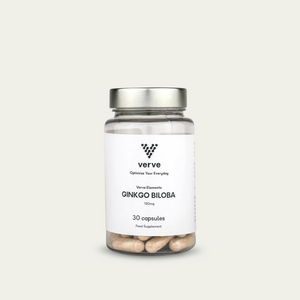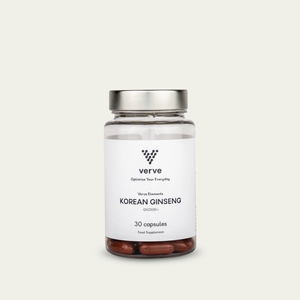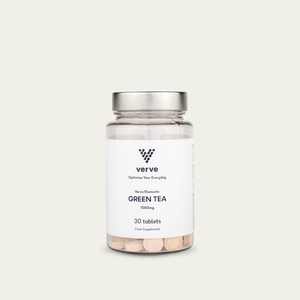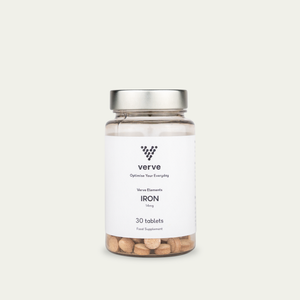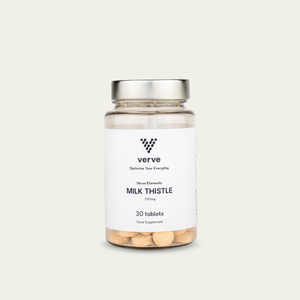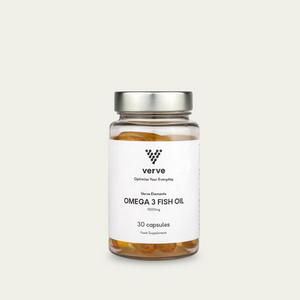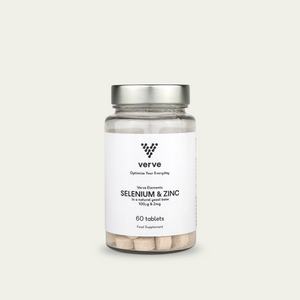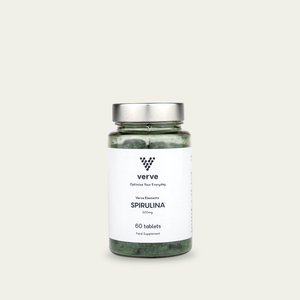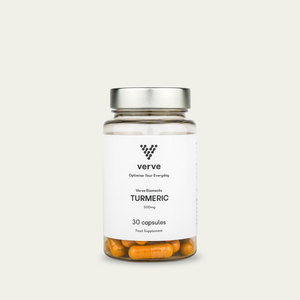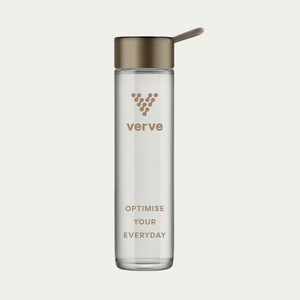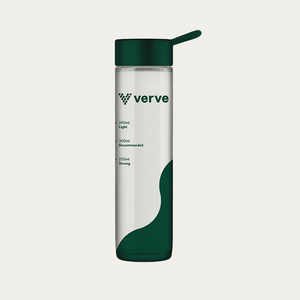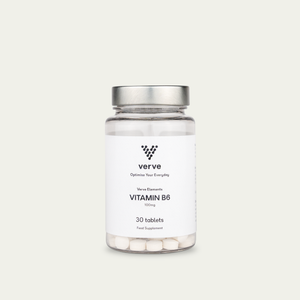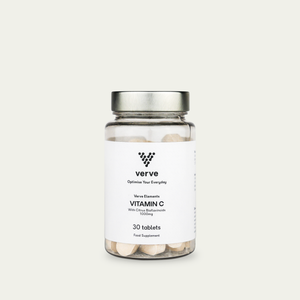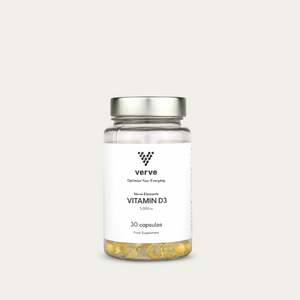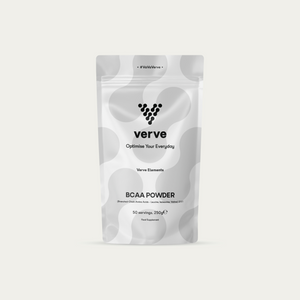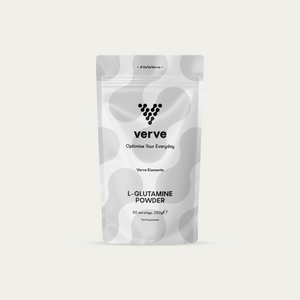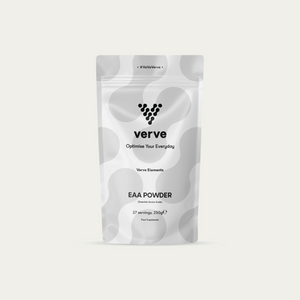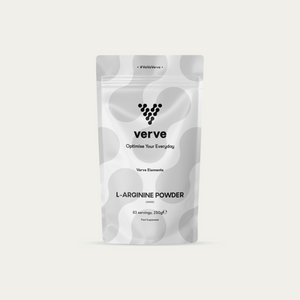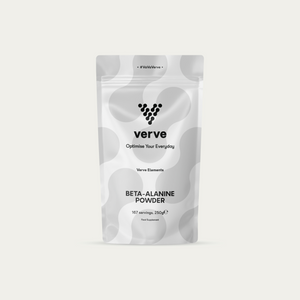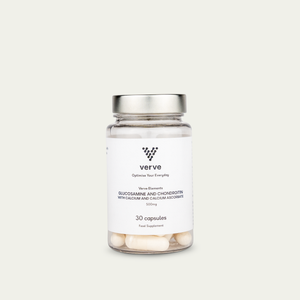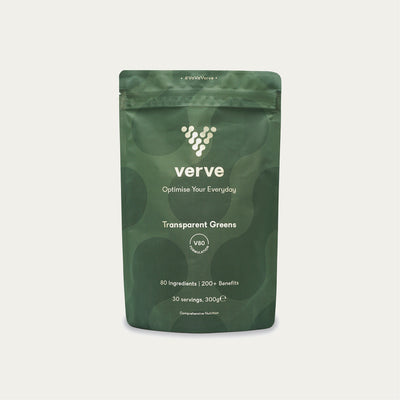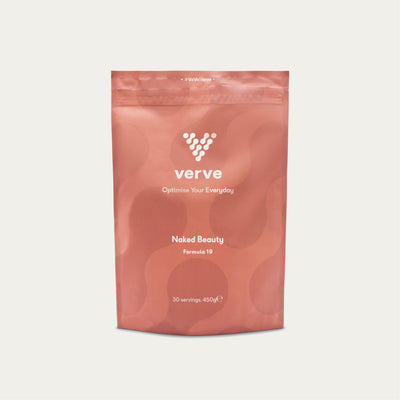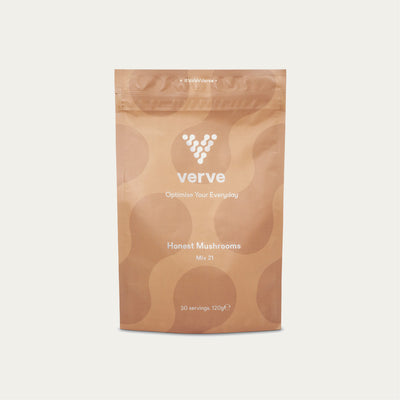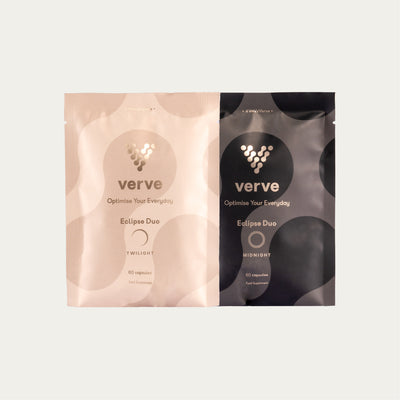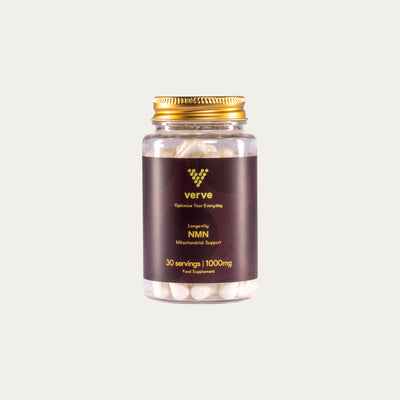Frequently Asked Questions about Spirulina
Finally we wanted to answer some FAQs about Spirulina.
What does spirulina do to the body?
Spirulina is packed with nutrients and antioxidants, potentially benefiting your immune system, reducing fatigue, and combating inflammation. It's a source of plant-based protein, vitamins, and minerals, which may contribute to overall health.
Is it OK to take spirulina every day?
Yes, taking spirulina daily is usually safe within recommended doses. It's advisable to follow the supplement's guidelines, and like with anything don’t overdo it. But if you’re taking a supplement, just follow the recommended guidelines.
Is spirulina safe for kidneys?
While spirulina is high in protein and nucleic acids, it's generally safe for healthy kidneys in moderate amounts. You’re not going to be taking 100s of grams of protein from spirulina, so it should not be a cause of concern. However, if you’re looking to take higher dosages, it makes sense to consult a health professional first.
Is spirulina a seaweed?
No, spirulina is not a seaweed but a form of blue-green algae, technically known as cyanobacteria. It lacks the distinct parts of seaweed, such as roots or leaves, and thrives in both fresh and salt water.
